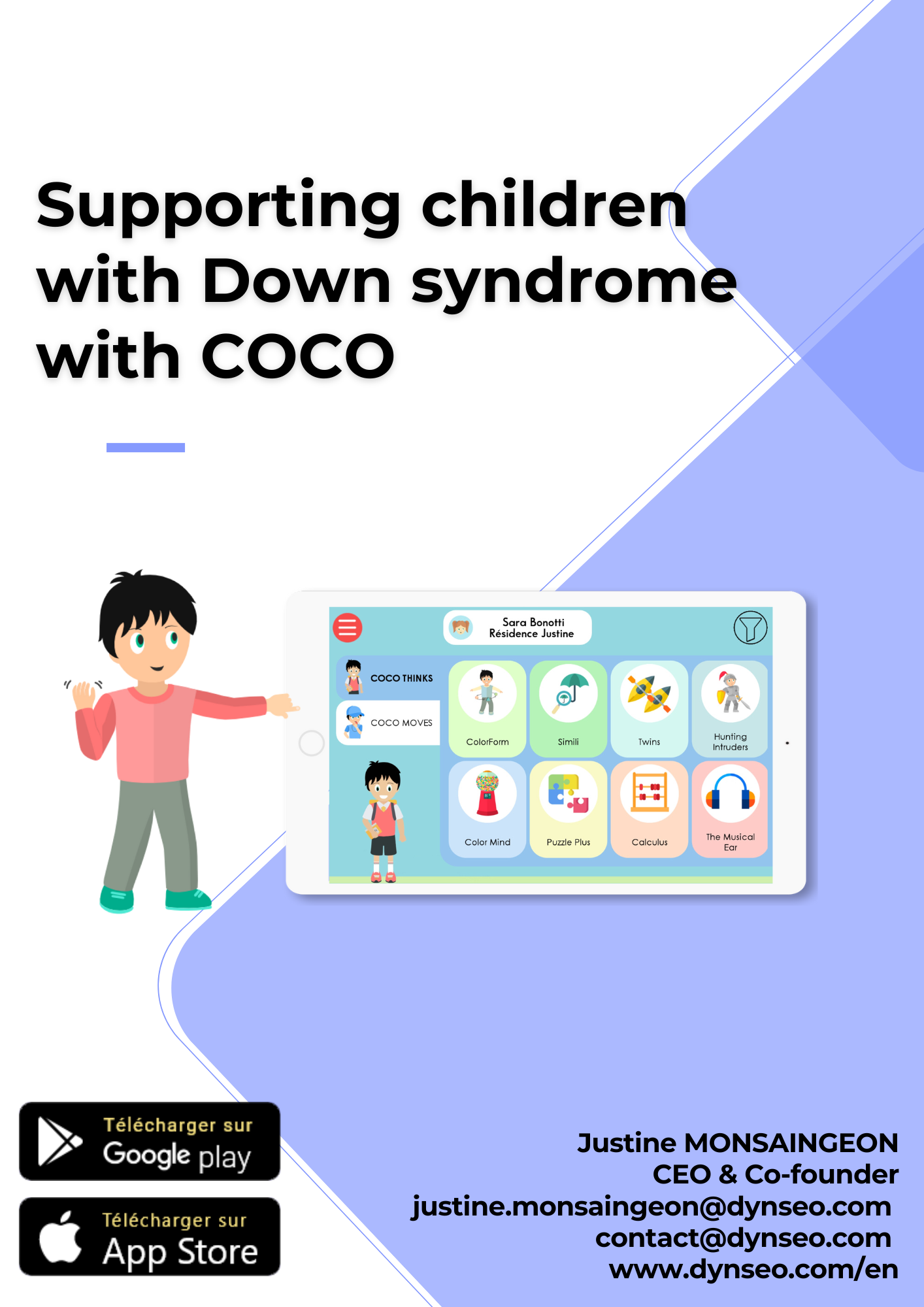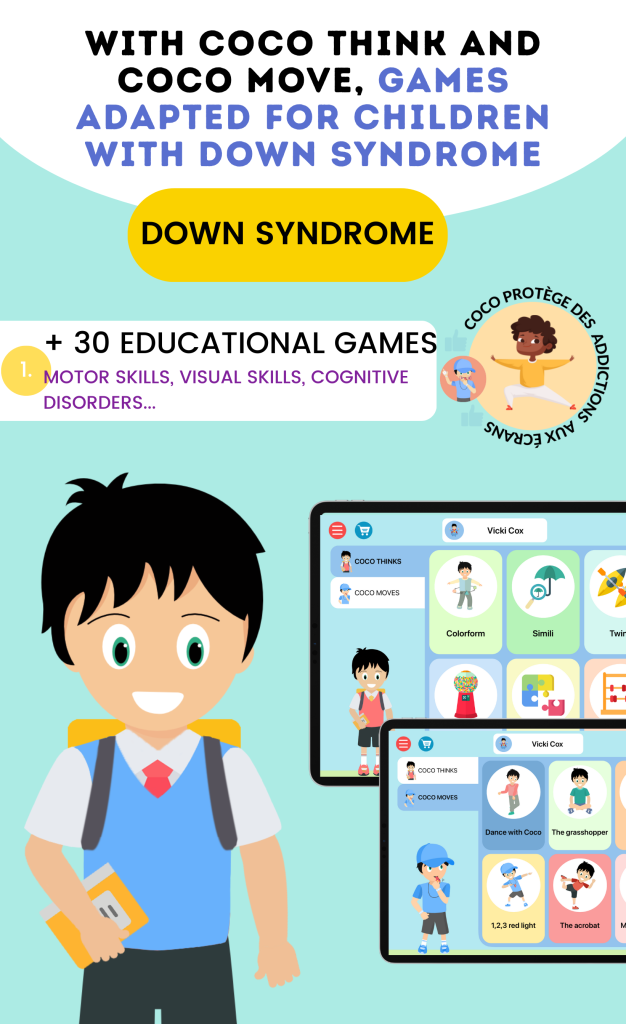As we delve into the topic of cognitive decline in adults with Down syndrome, it is essential to recognize that this condition is not merely a singular experience but rather a spectrum of challenges that can vary significantly from one individual to another. Cognitive decline refers to a gradual loss of cognitive abilities, including memory, reasoning, and problem-solving skills. For adults with Down syndrome, this decline can be influenced by various factors, including age, overall health, and the presence of comorbid conditions.Research indicates that individuals with Down syndrome are at a higher risk for developing Alzheimer’s disease and other forms of dementia as they age, which can exacerbate cognitive decline. Understanding the nuances of cognitive decline in this population requires us to consider the unique neurological and genetic factors at play. The presence of an extra chromosome 21 in individuals with Down syndrome leads to distinct brain development patterns, which can affect cognitive functioning throughout their lives.As we explore this topic, we must remain mindful of the importance of early detection and intervention, as these can significantly impact the quality of life for adults with Down syndrome facing cognitive challenges.
Recognizing the Signs of Cognitive Decline
Recognizing the signs of cognitive decline in adults with Down syndrome is crucial for timely intervention and support. We may observe changes in memory, such as difficulty recalling recent events or conversations. Additionally, we might notice challenges in problem-solving or decision-making, which can manifest as increased frustration or confusion during daily activities.These signs can often be subtle at first, making it essential for us to remain vigilant and attentive to any shifts in behavior or cognitive function. Another indicator of cognitive decline can be changes in social interactions. Adults with Down syndrome may become more withdrawn or exhibit changes in their communication styles.They might struggle to engage in conversations or find it challenging to follow along with group discussions. By recognizing these signs early on, we can take proactive steps to address cognitive decline and provide the necessary support to enhance their quality of life.Assessing Cognitive Function in Adults with Down Syndrome

Addressing Cognitive Decline through Supportive Interventions
Addressing cognitive decline in adults with Down syndrome requires a multifaceted approach that incorporates supportive interventions tailored to their individual needs. We can implement cognitive training programs designed to enhance memory, attention, and problem-solving skills. These programs often involve engaging activities that stimulate cognitive function while also being enjoyable for participants.By incorporating games, puzzles, and social interactions into these interventions, we can create an environment that fosters learning and growth. Moreover, we should not overlook the importance of emotional support during this process. Adults with Down syndrome may experience feelings of frustration or anxiety as they navigate cognitive challenges.Providing a safe space for them to express their emotions and concerns is vital. Encouraging open communication and fostering a sense of belonging can significantly impact their overall well-being and motivation to engage in cognitive-enhancing activities.◆ ◆ ◆
Promoting Cognitive Health and Wellness in Adults with Down Syndrome
Promoting cognitive health and wellness in adults with Down syndrome involves a proactive approach that encompasses various lifestyle factors. We can encourage regular physical activity, as research has shown that exercise positively impacts cognitive function. Engaging in activities such as walking, swimming, or dancing not only promotes physical health but also enhances mental well-being.By incorporating exercise into their daily routines, we can help improve their overall cognitive resilience. Nutrition also plays a critical role in cognitive health. We should advocate for balanced diets rich in fruits, vegetables, whole grains, and healthy fats.These dietary choices provide essential nutrients that support brain health and may help mitigate cognitive decline. Additionally, we can explore opportunities for cooking classes or nutrition workshops tailored for adults with Down syndrome, empowering them to make informed choices about their diets.Creating a Supportive Environment for Adults with Down Syndrome

Collaborating with Healthcare Professionals and Caregivers
Collaboration with healthcare professionals and caregivers is vital in addressing the cognitive needs of adults with Down syndrome effectively. We should establish open lines of communication with doctors, therapists, and support staff to ensure a comprehensive understanding of each individual's unique needs. Regular check-ins and assessments can help us monitor changes in cognitive function over time and adjust interventions accordingly.Involving caregivers in this process is equally important. They often have firsthand knowledge of the individual’s daily routines and behaviors, making them invaluable partners in identifying signs of cognitive decline. By providing caregivers with training and resources on how to support cognitive health, we empower them to play an active role in enhancing the quality of life for adults with Down syndrome.◆ ◆ ◆




